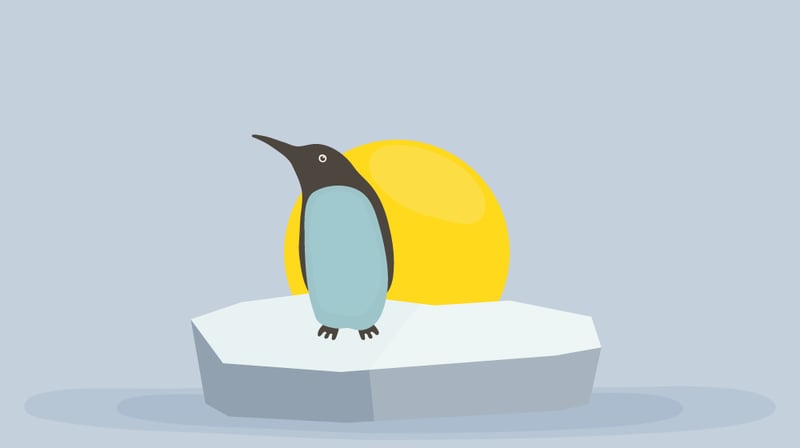There are countless lessons we can extract from this year’s 2016 Olympics. We’re reminded that drive, grit, resilience, and teamwork will determine success in our roles in the coming year. We’ve become fanatics of our favorite Olympians and we’re re-inspiring ourselves to excel in our roles as we learn their stories.
Did you know that you’re actually very similar to said Olympians? You take the time to watch new webinars, listen to podcasts, and attend conferences in our niche. You may complete administrative tasks that need to get done and we may not see their worth until the end of the month or the end of the year. Let’s face it, only a handful of people see the behind-the-scenes checklist to success you tackle every day.
While you may not be showcasing your efforts on a worldwide stage, your supervisors, co-workers, and students see your efforts and the hard work you put in on a daily basis.
Here are some reminders you can learn from Olympians as your team dives head first into reaching your goals and dreams this academic year.
1. Age is just a number
While you may be mistaken as a first-year student during move-in or another on-campus event, at the end of the day you need to brush these comments of your shoulders. Instead, you should feel secure and confident in the knowledge and experiences that got you to where you are.
Kristin Armstrong, who received a gold medal in cycling, proves that age is just a number at 43 years old. And it’s not that she only received 1 Olympic gold: this was her third gold medal just a day before she turned 43, making her the oldest Olympian woman to score a gold medal in cycling.
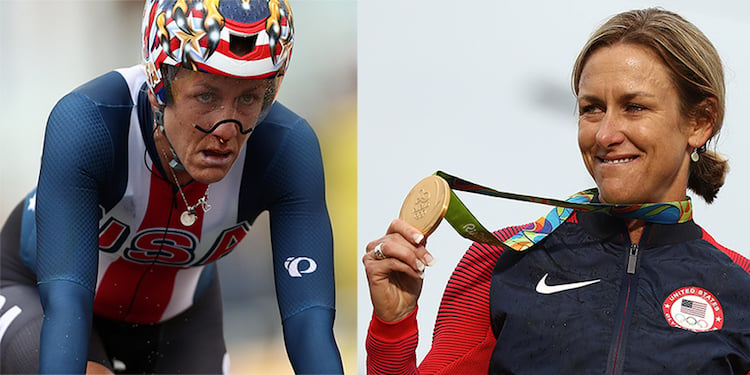
image from www.self.com
As an SA pro, it’s important to stay focused on the ultimate goal: connecting with students. If you can do that, you’ve already started the year off strong and won your own gold medal.
2. Mental health is important to talk about
Why is mental health important to chat about with students and colleagues?
One of the best ways to remove the stigma around mental health is to talk about it with others and understand how to validate feelings of isolation, depression, or loneliness.
U.S. Olympic swimmer Allison Schmidt spoke out about her mental health challenges after losing her cousin to suicide in Spring of 2015, after the London Olympics. This year, she talked publicly about how therapy helped her and shared her story to highlight the rise of mental health concerns in society – specifically among young adults and athletes.
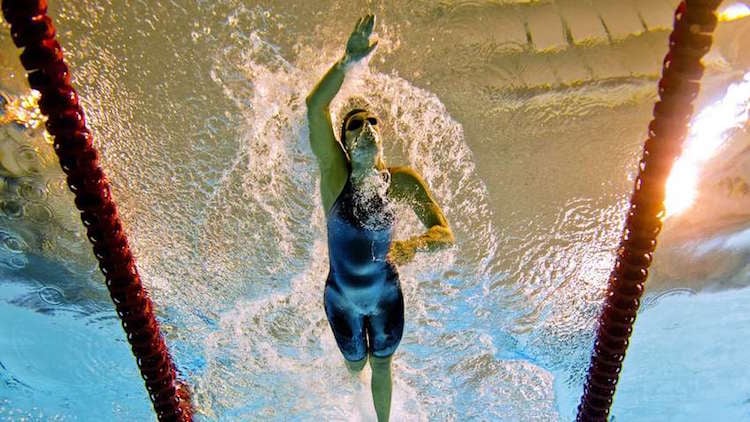
image from www.baltimoresun.com
On social media and at national conferences student affairs professionals are starting to feel comfortable to share their stories, like Craig Bidiman discussing mental health in his ACPA talk, realizing it helps others navigate challenges in their own life.
Mental health isn’t limited to certain groups or populations: Allison proves even as a six-time Olympian, anyone can endure tough times. We need to have conversations about mental health with others and create safe spaces on our campuses and continually train our professional staff to support students as they navigate new waters.
3. We get by with a little help from our teammates
With a busy schedule and competing priorities, sometimes you make a mistake or forget to bring an important piece of information to a meeting.
Michael Phelps proves you can bounce back from mistakes and still come out on top, with the support of colleagues and co-workers.
During the Olympics, Phelps was ready to snag his 21st gold medal but something held him back. His swim cap ripped in half seconds before diving into the pool.
Michael Phelps wins 21st gold medal, despite breaking his swim cap: pic.twitter.com/3mPJb1j3Jp
— Deadspin (@Deadspin) August 10, 2016
Teammate, Connor Dwyer, came to the rescue with his swim cap. Dwyer quickly helped Phelps reverse the swim cap to be fully black (due to sponsorships), and put his cap on Phelp’s head. Off he went into the pool. Even with a lag time in the race, Phelps won an Olympic gold.
4. Provide access to sexual health resources
Not every campus can equip students with 450,000 condoms – yes, that’s the record-breaking number that the International Olympics Committee reported distributing to Olympians in Rio.
The International Olympics Committee noted that the increase in condoms was largely due to making female condoms available for the first time.

image from www.theguardian.com
The advice you can take away from the games? The beginning of the year is an important time to distribute information about sexual health and provide various access to forms of protection, like free condoms and diaphragms. Engaging in sexual health conversations for instance, about STIs (sexually transmitted infections), are not solely left to health educators.
Although sexual health may not always be the topic of conversation with students, we all play a part in establishing a healthy campus.
5. Give credit where credit is due
It’s important to give credit to team members who constantly exceed expectations in their roles and consistently lead the team to success.
Simone Biles left her mark in this year’s Olympics by accomplishing what most seem to think was nearly impossible. Every elite gymnast and olympian tend to have their quirks that set them apart from another. For Biles, she established a signature move included in her floor routine that includes a double layout with a last-second half turn (seen below).
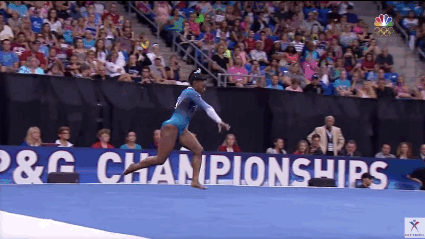
We’re not part of the judging squad, but agree that her move doesn’t look easy to accomplish for any human. Her Olympic legacy is now called “The Biles”.
Going For Gold
Remember that Olympians have trained hard and long to get to where they are today. Whether you’re a new professional or seasoned professional in the field, it’s important to take the time to refocus on what’s most important: supporting, connecting with, and providing the best support services for students.
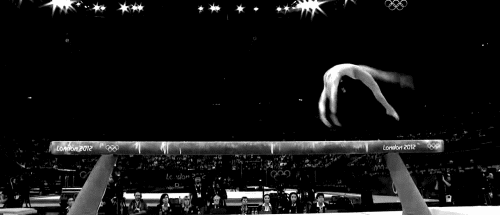
What are some of the lessons you’ve learned from this year’s Olympic athletes?
Do you have any favorites from above?
Share your thoughts with us @CheckImHere and let us know! Thanks for reading.




